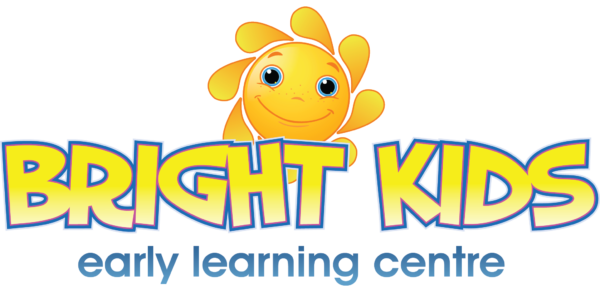Short & Long Term Goals With Toddlers
Our priority this term has been to map out individual learning journeys to develop short and long term goals for each child.
The observation/ assessment process assists us in; successfully reaching each child’s fullest potential.
All their progress reports go with them when they transition to the next age group.
We have been working towards
- Exploring and developing short- and long-term goals for each child as an individual;
- Expanding on each child’s vocabulary and encouraging more verbal language;
- Introducing “Empowering Our Youth” indigenous program into our room; &
- Further expanding the children’s resilience through our resilience program.
Short- and long-term goals
During the first term we completed our developmental milestone checklist which gave us an overview of where each child is sitting with their development and areas they needed to focus on.
From these checklists we mapped out each child’s learning track and began their learning journey.
We found many children had goals in language development which led us to introduce the use of flashcards and creating our own from:
- Colors,
- Emotions; &
- Shapes which incorporated other areas of learning for the children.
Another goal suggested from the input of families is toilet training.
At this age many children will start to show signs of being ready to begin toilet training like recognizing the feeling of having a wet nappy to showing interest when others are using the toilet.
In this room, we encourage each child in the area of toilet training specific to where they are at.
Each child is asked at every nappy change if they would like to sit on the toilet, we will not push them if the answer is no and we encourage you to do the same at home.
Toilet training is very much child led with support and encouragement from adults.
We thrive on family input when creating goals for the children, in fact family input is vital to our daily planning because families have different goals in mind than what we do as educators.
When we work as a team we close the language and developmental gaps that children can slip through.
Some of a child’s most important cognitive development happens during their preschool years.
By taking an active role in the early childhood education process, parents can help ensure that their child has all the support they need to develop to their full potential.
Speech
With young children, verbal communication is not their main form of communication.
Nonetheless, they quickly realize the importance of language for the people around them and therefore develop a need to communicate verbally.
We encourage verbal communication only, when interacting with their peers.
We have been focusing on using;
- Inside voices;
- Using manners;
- Linking words together to create sentences; &
- Using words instead to communicate our needs.
We do this by role modeling and having the children mimic what we say to expand their vocabulary.
Resilience program
Our resilience program is embedded throughout the center to develop a well-rounded approach to emotionally resilient children.
The focus for this program is to teach a grit and growth mindset which sets children up to cope with diversity, change and challenges which come their way.
We modify this program for the toddlers by talking openly about emotions and taking the time to recognize each one by the use of flashcards, facial expressions and body language.
We have also created tools for the children to use to help them deal with their big emotions and tools to find calm within themselves.
Resilience helps children reduce the stressful impact of everyday minor challenges and major challenges, we believe in teaching children to be resilient at a young age so it becomes like second nature for them and will carry them into adulthood and emotionally resilient beings.
Indigenous program
Like our resilience program our” Empowering Our Youth” indigenous program is embedded throughout the center.
For this term we have been working on the big cuz and little J program. The program follows Little J, who five and Big Cuz, who is nine. They’re a couple of Indigenous Australian kids living with their Nanna and Old Dog. Little J and Big Cuz are busy with the ups and downs of playground and classroom. There’s always something surprising going on whether it’s at school, in the backyard…or beyond. The gaps in Nanna’s ramshackle fence lead to Saltwater, Desert and Freshwater Country. With the help of Nanna and their teacher Ms Chen, Little J and Big Cuz are finding out all about culture, community and country.
Each week we have been meeting collectively in the pre prep room with the big kids, to watch the short video clips and then have a discussion about what we have just watched.
This has been great for the younger children to mix with the older children and begin to understand what to expect as they move though the older age groups in the years to come.
Having positive interactions and role models is valuable for the toddler age group as children learn by following the example set by older people in their lives.
After our shared experience with the older age groups we then move back into our room to consolidate our learning with an extension activity.
This has included:
- Singing Indigenous songs;
- Recognizing animals;
- Naming them in the native language;
- Outdoor cultural games; and
- We celebrated Aboriginal and Torres Strait Islander children’s day where we engaged in a shared morning tea, dot painting on rocks, and paper bark painting.
The children have really been enjoying the shared time with the older children each week.
We look forward to our Cultural learning with Uncle Allen and having a fun filled next term of learning.
That’s all from Miss Natarsha, Miss Lauren and the Dolphin (Gwong) children.
Also please follow our Facebook and Instagram Pages and stay up to date


